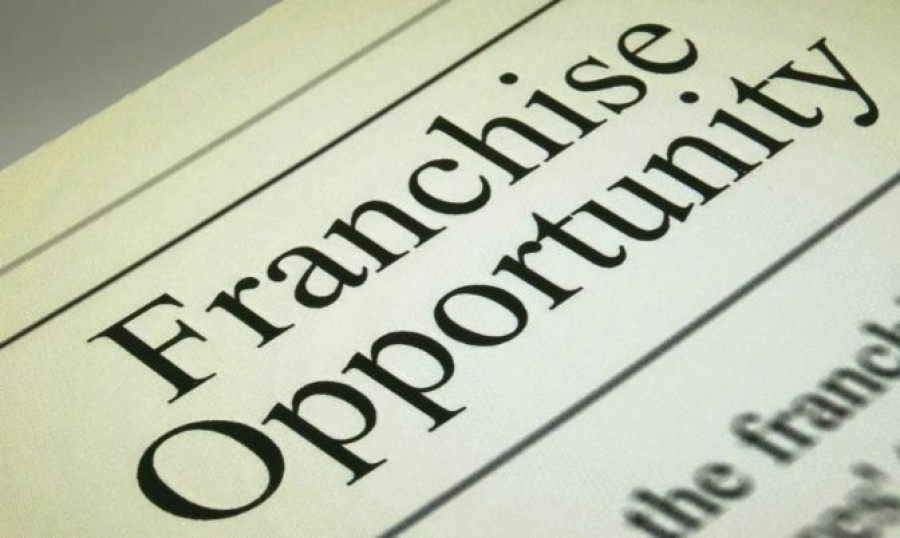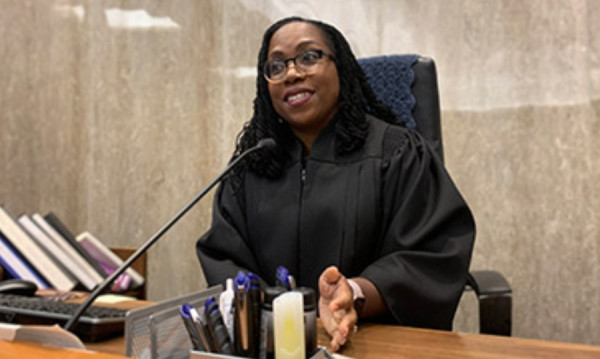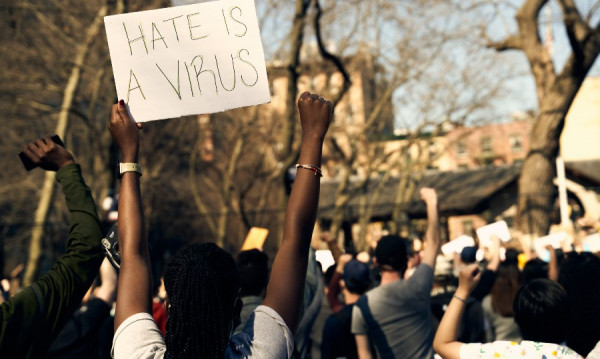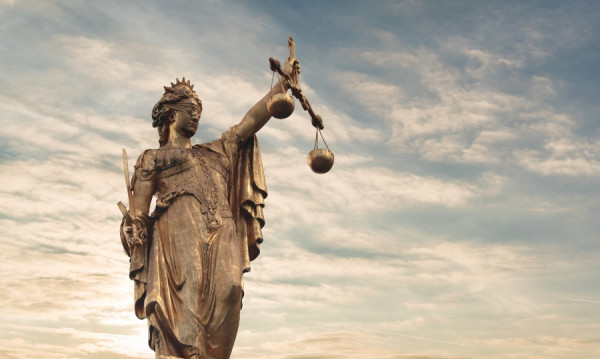As discussed in our previous articles, the law provides special protection to franchisees because they usually have far less bargaining power than franchisors. In keeping with this philosophy, the law also holds responsible those who act on behalf of franchisors in selling franchises to franchisees. This discourages franchisors from providing misleading information, either directly or indirectly, to attract potential franchisees.
Suppose you are interested in purchasing a franchise. You are approached by a smooth-talking salesman who assures you that XYZ Company is the latest trend in coffee-shops. He tells you XYZ is expanding into Canada and will launch a massive advertising campaign. You agree to buy a franchise to cash in on the business that will be generated by the advertising campaign.
A year later no ads have run and your business is struggling. It seems no one has heard of XYZ or is interested in its coffee. Worse, you investigate suing XYZ and find that the company is bankrupt. You know the smooth-talking salesman earned a rich commission from your purchase of a franchise. What options do you have?
WHO CAN BE HELD RESPONSIBLE?
In addition to the franchisor itself, those who may be held responsible for misleading information include:
a) the franchisor’s associates (this includes the owner of the franchisor and companies which own, or are owned by the franchisor);
b) the franchisor’s agents (this includes sales agents who act on behalf of the franchisor in marketing franchises to prospective franchisees);
c) the franchisor’s broker (this includes individuals and companies involved in marketing the franchise to the franchisee); and
d) those who sign key documents on behalf of the franchisor.
We will refer to the above individuals and companies as “related parties.” Before awarding damages against a related party, the Court would likely require proof that he, she or it was directly involved in providing inaccurate information to the franchisee.
WHAT DEFENCES ARE AVAILABLE?
There are several defences available to related parties. A related party will not be responsible if:
a) the franchisee knew that the information provided was inaccurate;
b) the related party did not know that the misleading information had been provided to the franchisee and informed the franchisee that it had not approved of the information as soon as the related party found out that the information had been provided;
c) the related party informed the franchisee that the information was inaccurate as soon as it found out that the information was inaccurate and the franchisee had not yet bought a franchise; or
d) the inaccurate information was provided by an expert and the related party did not know and had no reason to believe that it was inaccurate.
HOW CAN RELATED PARTIES PROTECT THEMSELVES?
If you are employed by or act on behalf of a franchisor in marketing franchises to prospective franchisees, it is important that you are aware that you can be held personally responsible and take steps to protect yourself. You must ensure that all information you personally provide, or is provided by anyone working for you, is complete and accurate. You may also wish to request written confirmation from the franchisor that you are not directly involved in the granting of franchises. You may also try to negotiate a contract with the franchisor under which the franchisor agrees to be responsible for paying any judgment which may be awarded against you and agrees to obtain insurance which will protect you from possible lawsuits.
HOW CAN FRANCHISEES BENEFIT FROM THE RESPONSIBILITY OF RELATED PARTIES?
If you are a franchisee and are considering a lawsuit against your franchisor, you should consider the possibility of also suing one or more related parties. This could make the lawsuit more complicated and therefore more expensive. However, if you are successful in suing a related party, this could assist you in recovering the damages you are awarded. For example, the franchisor may have gone bankrupt or may not have property which can be seized to pay the damages awarded to you. If one or more related parties is also held responsible, you will have more options available in enforcing your judgment.
If you have a franchise dispute or require advice about how to protect yourself from being held responsible as a related party or how to successfully sue a related party, please feel free to contact us to discuss these issues in further detail.
Walker Law's Andrew Ostrom also contributed to this article.







